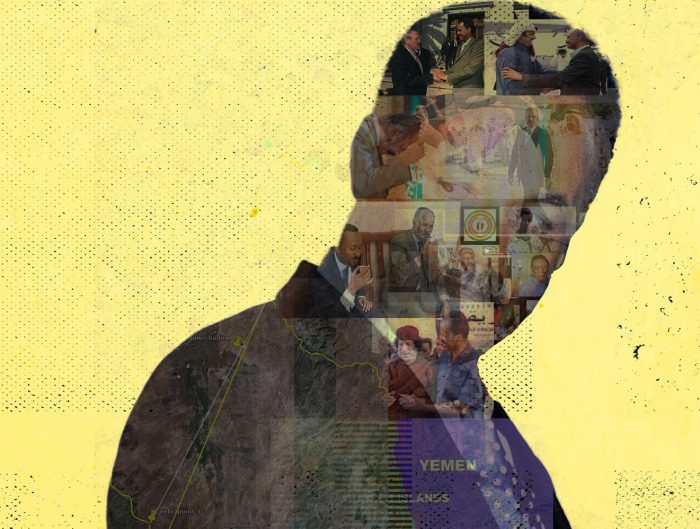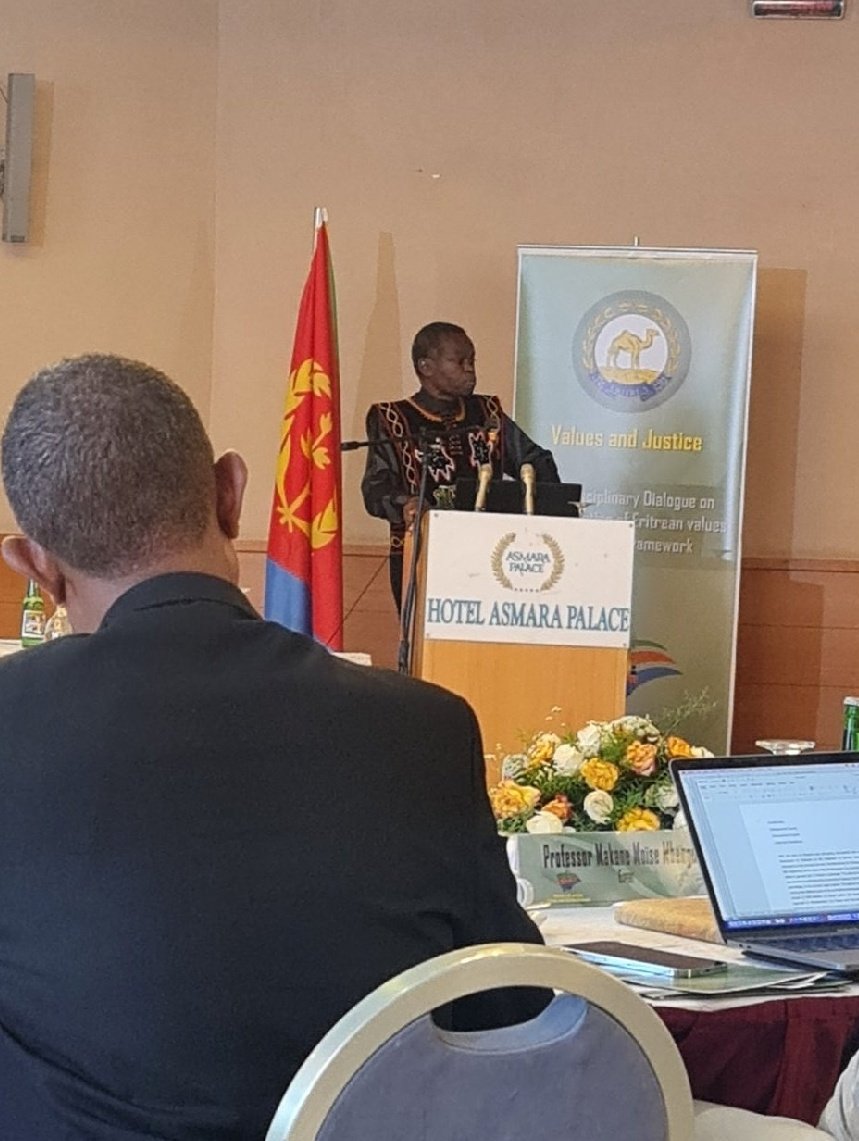The following was written in reply to an article at awate.com, “The Game Is Over”, by Ismael Ibrahim Mukhtar, where he quotes Isaias Afwerki’s “Game Is Over” and argues that the games that have to be over are games of domination, game of justifying the unjustifiable, and game of “I win, you lose.” All are great points I agree with, but I was somehow drawn to one fact: that Isaias Afwerki did not say “the game is over” but “game over” and here’s what I think is its significance;
1. Although your article is called “the game is over” and although you quoted Isaias Afwerki as saying “game is over”, what he really said is “game over”;
2. In politics, this phrase owes its origin to the Arab Spring of 2011. If you recall, every slogan of the time was, obviously, in Arabic. Alshaeb yourid Isqat Alnizam (the people demand the downfall of the regime), Irhal (leave) and graphic representations, and shoes, to show disrespect to their local tyrant. But there was one, and only one, English phrase that made its appearance: “game over”;
3. In the Arab world, English is not exactly a strong second language and the only place they would have heard that phrase is in pop culture and particularly in…..video games. In earliest video games, where economizing of words was critical, the phrase “game over” was used instead of “game is over.”
4. I say all this to take you to this: Isaias Afwerki was dismissive of the Arab Spring; he claimed that it was driven by US intelligence who were engineering fawda hhalaqa (creative chaos) etc etc. But he needed something to signify that what was happening in Ethiopia was a people’s uprising rejecting his nemesis (and former partners) Tigray People’s Liberation Front and thus its appropriation and usage. (It might help you to remember that he has never said a single original thing—notice how inarticulate he was in the post-peace speeches—but he is an expert appropriator)
5. The June 20 speech where he indicated his acceptance of Ethiopia’s offer spent most of its time not on explaining why he is accepting the offer but on renouncing Weyane. With a sprinkling of praising Trump. Thus “game over”, “vultures” and other words that were mindlessly repeated by his parrots within days.
6. Since the phrase owes its origins to video games, I am sure as a father, you have played enough of them to know what the next phrase is: “play again?”
7. So the “game over” is temporary, particularly to those hooked on the game, and who never advance to the next level. They will play it again and again, the same game without advancing to the next level.
8. Recall that pre-1998, Eritrea and Ethiopia entered into all sorts of agreements that the people of both countries never saw but, throughout, never bothered to demarcate the border because they were thinking way past the border, they said. Then they had a “border war” and they started telling us about how they had been having disputes that they didn’t want to wake us up (the children) and tell us about it.
9. Now (“play again?”), the two countries are back to signing agreements that the people don’t know, and they have “temporarily” suspended talks on borders as it may get in the way of the kisses they are blowing at each other. Meanwhile, the two kings have already started their uber king of the jungle contests. Expect the PFDJ flock to be told (if they haven’t already) that Isaias was behind all the maneuvers that resulted in all the changes in Ethiopia. Meanwhile, the Ethiopian leader has made it a habit (in his tours) of addressing Eritreans (but not Tigrayans) in Tigrinya. There was one curious message he addressed to Eritreans in his US tour where he made specific references to Qerro, Fano and Zerma (rebellious youth in Ethiopian provinces in their local language).
10. In 1994, Eritrea vowed to overthrow the government of Sudan. But it thought better of it and decided to go to war with Yemen over a “border.” Then it said “Game Over” (quietly) when arbitrators ruled the major points of the dispute in favor of Yemen. But, we didn’t pay attention because by then we were in “Play Again?”, this time with Ethiopia. That went to arbitration, but in the meantime we went to war with Sudan, in proxy war, in support of Eastern Front rebels (“play again?” This ended in a peace treaty with Sudan (“game over!”). And so we decided to go to Somalia, in a proxy war with Ethiopia “Play Again?” which got Eritrean sanctioned (“game over.”) Then we decided to join with the Saudi coalition which had declared war (and war crimes) on Yemen (“Play Again?”)
11. So yes you are right, it is always Lose-Lose, because as soon as game over is declared they can’t wait to play again. None of this will change until we the people have a People’s revolution and take power and pledge to never make a decision without getting the consent of the people as expressed in votes, referendum, plebiscite. The fate of our people is too important to be left to politicians. They are gameholics, hooked on “game over” and “play again?”





Leave A Reply